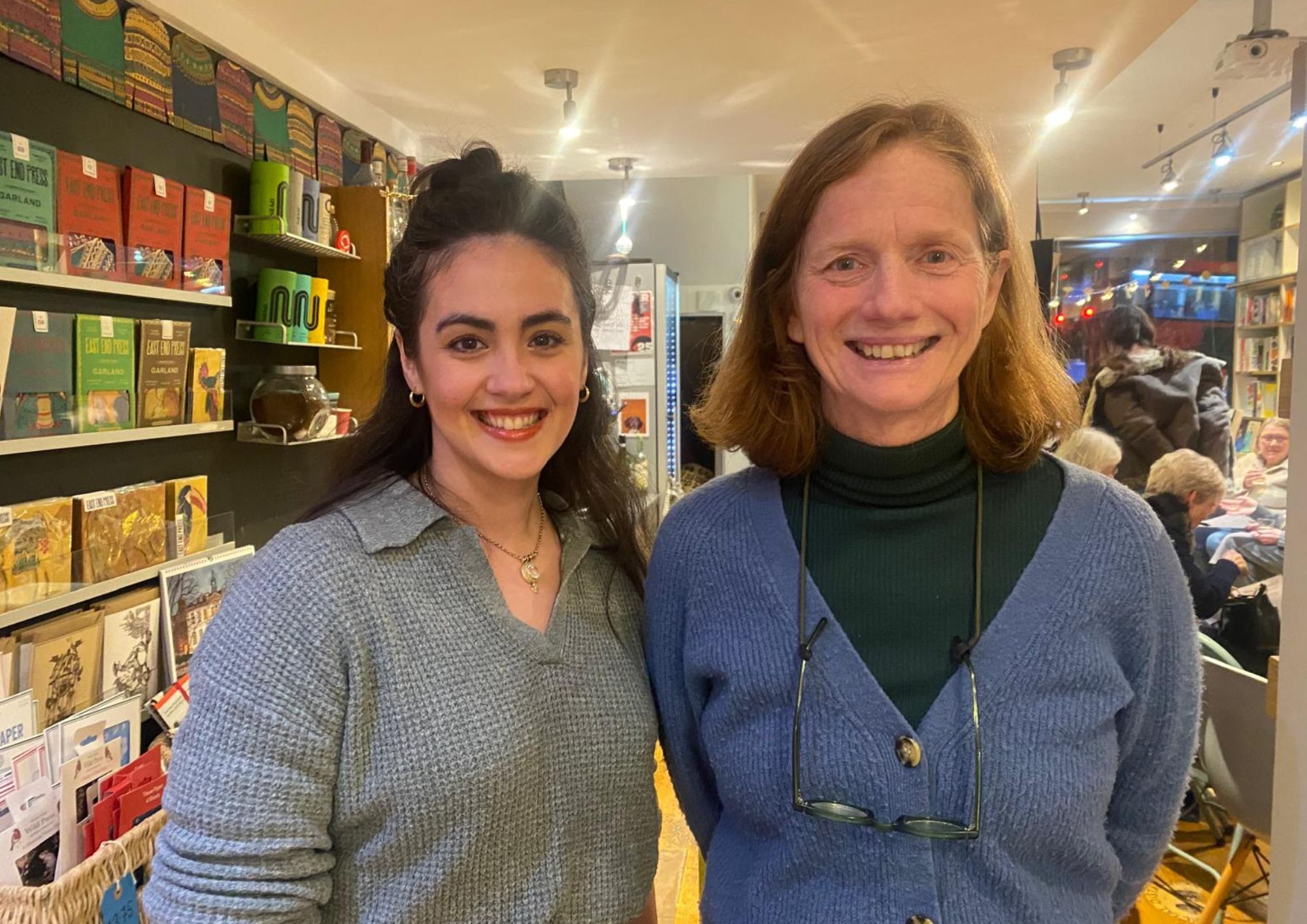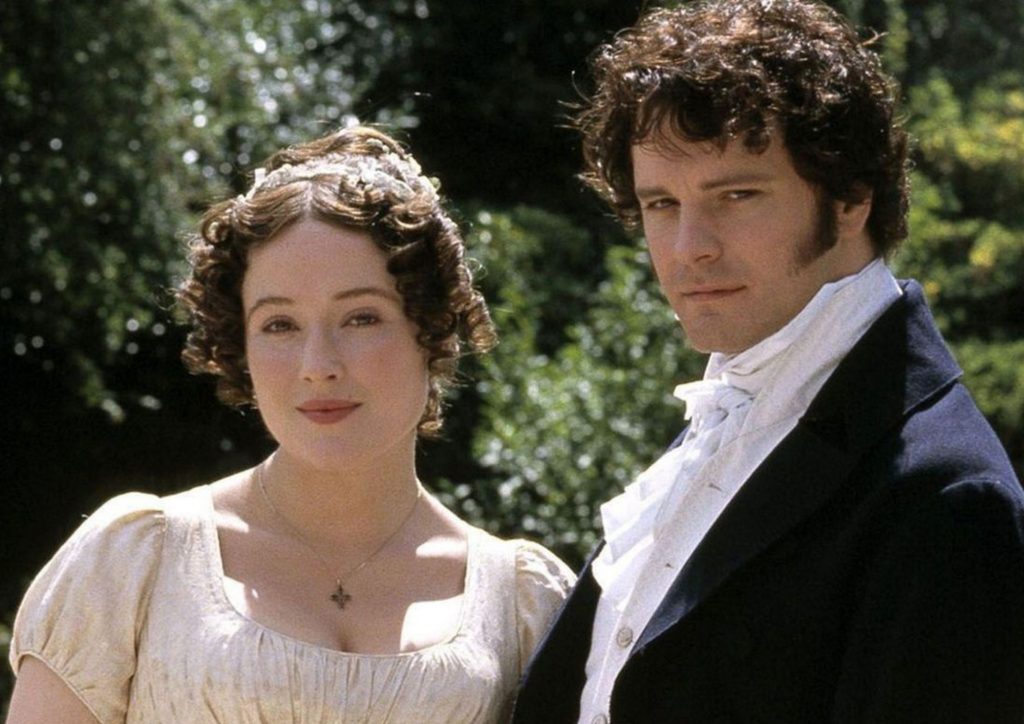Which of Jane Austen's men would you through out of a balloon?
Mr Darcy emerges as best man at bookshop talk
Friday, 21st November 2025 — By Daisy Clague

Zoë McGee and Betsy Tobin at Ink@84
COLIN FIRTH’S wet shirt and Matthew Macfadyn’s inscrutable broodiness made Mr Darcy a heartthrob for the masses – but how woke were Jane Austen’s men really?
From Pride and Prejudice‘s “wimpy” Bingley to Mansfield Park‘s “pompous” Edmund, a roomful of women in Highbury debated which of the author’s male protagonists deserved one spot in a hot air balloon – and in what order they should be thrown out.
The discussion was hosted at bookshop Ink@84 Books on Wednesday night by academic and comedian Dr Zoë McGee, whose new book Courting Disaster explores not-so-modern questions of power and consent in regency-era literature.
“When I was at university, mine and my friends’ experience was one where a lot of people were getting assaulted and conversations were springing up about Me Too and harassment in the workplace,” Dr McGee told the Tribune.
“But there was a backlash, saying that this was all millennial oversensitivity and no one has ever had a problem with this before, which is nonsense. I wanted to show that this is not a new phenomenon. When Mr Collins is proposing to Lizzie [in Pride and Prejudice], she tells him categorically no, and he tells her that what she really means is yes.
“To me, that feels like the same conversation.”
For Dr McGee, when Austen and her contemporaries were writing about marriage they were also always writing about consent.
“As a young woman in these courtship novels, you’re going from being under the jurisdiction of your parents to being legally under the jurisdiction of your husband,” she added.
“When you get married, you sign over your consent, something that stays the same until the 1990s in the UK.
“It means when women are having debates in the novels about who’s a good husband, what they’re really discussing is: what is their life going to be like? What financial freedoms are they going to have?
“How kind is this person who’s going to have legal authority over them forever?”

The BBC’s adaptation of Pride and Prejudice
Courting Disaster connects Austen’s novels with the present day, through discussions of incel communities and the “trad wife” movement that hark back to a rose-tinted version of the past.
“We tend to see this period in lovely period adaptations where we don’t see the slavery, we don’t see how women can’t own anything, or how their children don’t belong to them. We need to make sure that we’re not giving up a lot of that,” added Dr McGee.
Ink@84 Books co-owner and author Betsy Tobin said: “We loved the idea of doing a feminist discussion about Austen so this was the perfect thing for us. We wanted to make it fun, a rousing debate rather than a traditional sit-down Q&A.”
And rousing it was, with an intergenerational group of women seemingly expert on all the Austen protagonists under scrutiny.
Some of the worst offenders, including Mr Collins, never even set foot in the balloon, but Mansfield Park‘s Edmund was the first out, with critics citing his patronising attitude to Fanny. He was followed swiftly by Sense and Sensibility‘s Edward – played by Hugh Grant in the 1995 film – and then Pride and Prejudice‘s Bingley, who triggered a debate about whether you could be “wimpy” and “woke”, and if it was weak character or low self-esteem that made him believe Jane Bennett didn’t love him.
After several more men got the boot, it was sudden death between Tilney, Wentworth and Darcy, each of whom at least listened, changed, and gave Austen’s women a choice over whether they would marry – though, as one person pointed out, that is a “pretty low bar”.
For anyone still in doubt, it was Mr Darcy who won the coveted spot in the balloon.